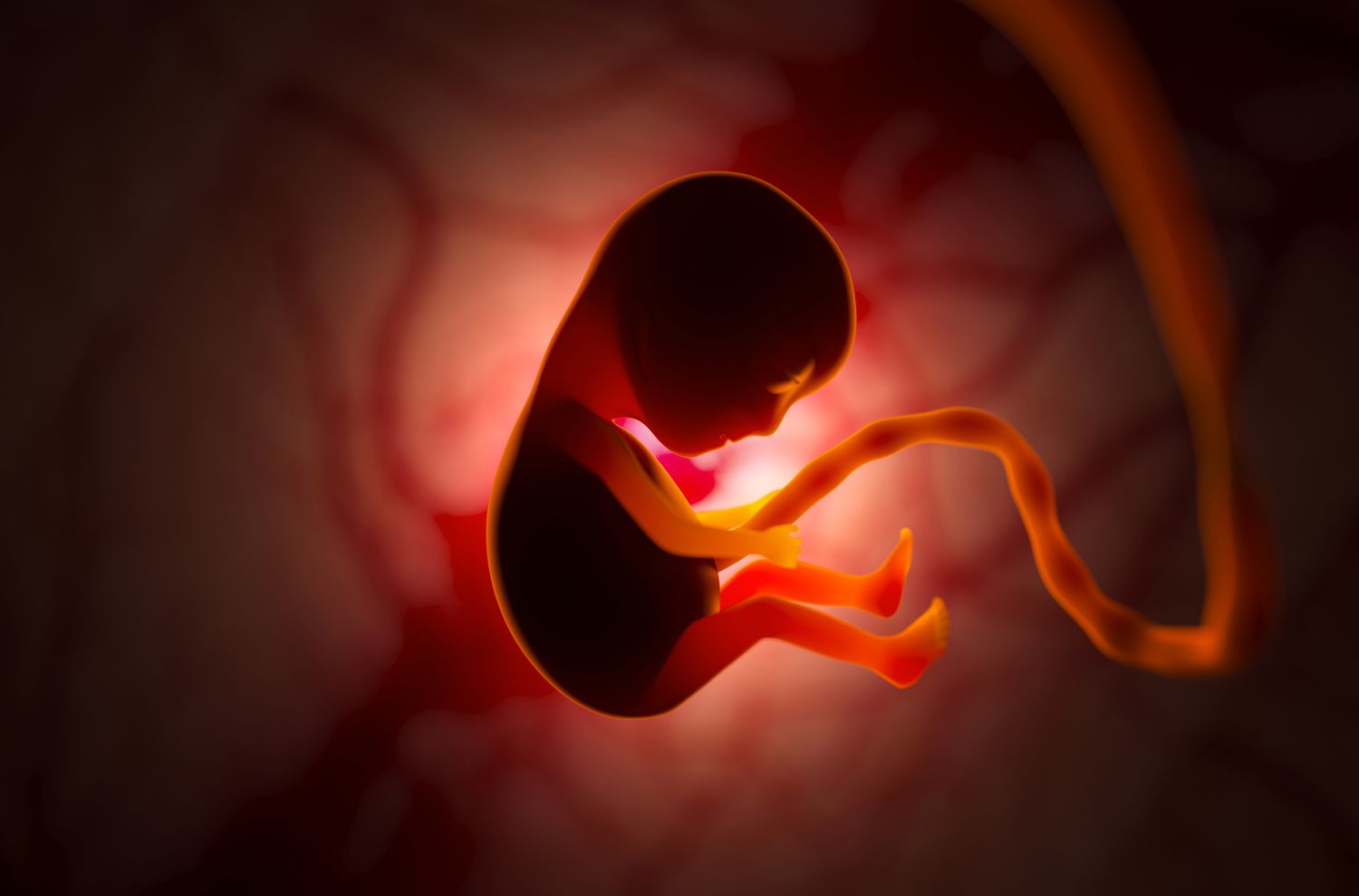What is Embryology?

Definition of Embryology In Human Anatomy
Embryology is the study of development of an embryo from the stage of ovum fertilization through to the fetal stage. The ball of dividing cells that results after fertilization is termed an “embryo” for eight weeks and from nine weeks after fertilization, the term used is “fetus.”
Embryologist
An embryologist plays a vital role in many infertility treatments. For instance, in vitro fertilization (IVF) involves fertilizing an egg with sperm outside of the mother’s body. An embryologist is a medical professional who specializes in the study of reproduction. Medical embryologists may work with other physicians to create comprehensive health care and family planning patient profiles. Some embryologists are doctors, but others choose to perform research instead.
The Role of an Embryologist at a Fertility Center
If you’ve ever heard the saying, “An embryologist is your child’s first babysitter,” during your fertility journey, you heard correctly! Embryologists create viable embryos to be either used in an in vitro fertilization (IVF) transfer or frozen for later use. While you may not spend much time with your embryology team, they are working hard in the lab to ensure the healthy development of your embryos!
Embryologists are highly trained medical professionals that usually hold a Master’s degree due to the specialized nature of their work. They are responsible for the management of genetic materials (sperm and eggs) as they develop into embryos. They also work to ensure that the embryology laboratory is an ideal environment for embryo growth and storage. Basically, Embryologists give embryos the best chance possible.
